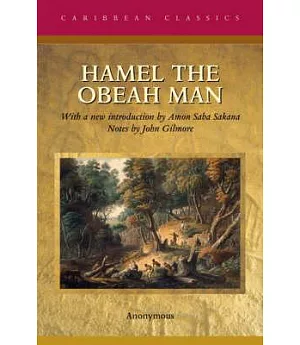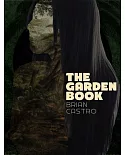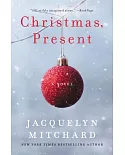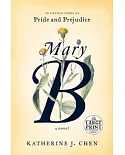Who are the melancholy-looking horseman and his boy making their way to an abandoned settlement as night and a tropical storm set in? The boy and the horse are swept away, and the stranger, a
European, finds shelter in a cave - where he finds disturbing signs of recent Obeah ceremonies, and then encounters the Obeah man himself, the Hamel of the book's title.So begins a novel very
much in the Gothic tradition, its themes those of perverted faith, lust for power and self-aggrandizement, sexual desire for an innocent and virtuous woman, but set against the backdrop of
slavery, black rebellion, and the rights of the white land-owning classes of Jamaica. What is remarkable about this novel, first published in 1827, is that although the anonymous author in
general supports the status quo rather than the anti-slavery movement, he also creates individual characters who subvert his general thesis of white racial superiority. Two of the white men are
depicted in a worse light than any of their black counterparts: the dishonest and cowardly Fillbeer, and the missionary Roland (of the opening scene). The latter is a superbly Gothic anti-hero:
a self-serving hypocrite who, having already raped her mother and put the blame on another man, lusts for the fair heroine, Joanna, and is prepared to use any means to get her. As for the
leading black men, Combah, who the rebels plan to make king, is shown to be motivated more by his desire for Joanna than by black rights, but he is also depicted as brave and principled when
faced with possible execution. And it is Hamel, the Obeah man himself, who is the central character; a highly complex, wise and powerful black man, who keeps the reader (and the other main
players in the novel) guessing throughout whose side he is on and has been credited with the first Black Power speech in literature.





















